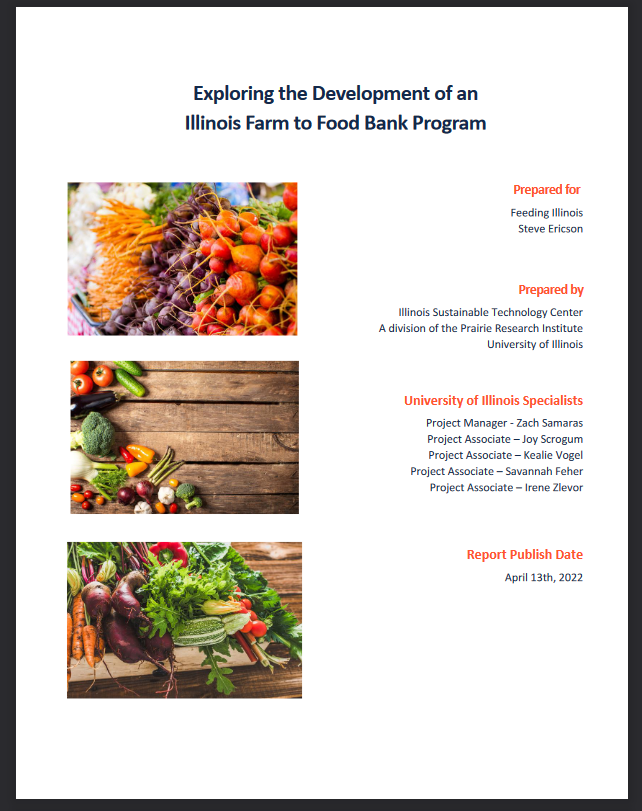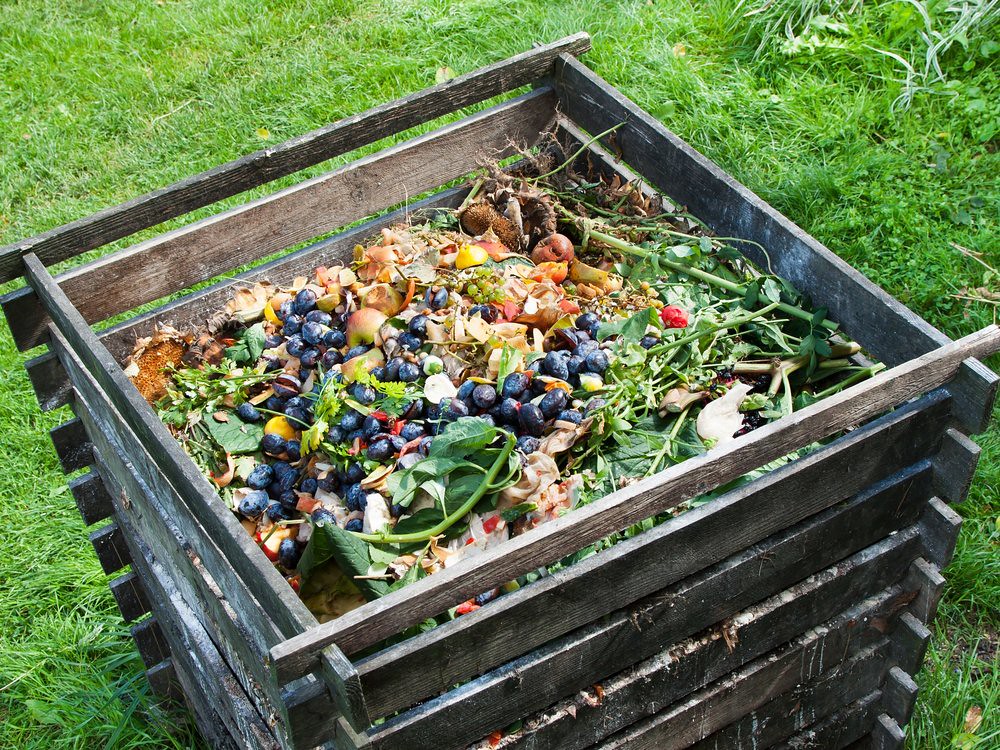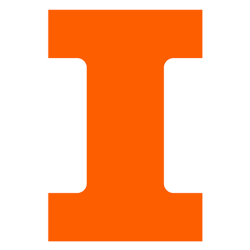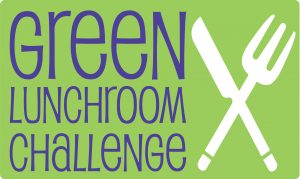
Project Title: Illinois Farm to Food Bank Feasibility Study & Pilot Projects
Sectors: Non-profits, Hunger Relief Agencies, Agriculture
Location: Illinois, Statewide
Services: Fostering Sustainable Behavior, Implementation Assistance, Resilient Solutions, Stakeholder Engagement, Supply Chain Sustainability, Sustainability Planning, Waste Management
Background: In early 2020, staff from Feeding Illinois and the Illinois Farm Bureau (IFB) began discussions related to expansion of programs and opportunities for moving surplus food commodities to hunger relief agencies throughout the state. These agencies reached out to the Illinois Sustainable Technology Center (ISTC) Technical Assistance Program (TAP) to discuss the types of data and analyses needed to support such efforts. Plans began for a feasibility study, involving collaboration with the Illinois Specialty Growers Association, (ISGA) to expand and improve farm to food bank commodity flows. After receiving funding from the USDA, Feeding Illinois engaged TAP to conduct the feasibility study in collaboration with various project partners (See the “Acknowledgements” section of the feasibility report).
Approach: In order to better understand how Feeding Illinois food banks operate, TAP visited all eight member foods banks to tour the facilities and conduct informal interviews on the topic of fresh foods. TAP also virtually met with organizations managing Farm to Food Bank-style programs around the country to learn about their programmatic approaches, farmer compensation models, daily challenges, and recommended best practices. In total, TAP interviewed organizations from 14 states: Arizona, California, Florida, Kentucky, Maine, Maryland, Michigan, Minnesota, Indiana, Ohio, Pennsylvania, Vermont, Washington, and Wisconsin. Overarching themes and key lessons from these various interviews were compiled. (See “Exploring the Development of an Illinois Farm to Food Bank Program” in the “Results” section below.)
Beginning in January of 2021, TAP administered a voluntary survey of Illinois farmers to better understand current farming practices, available market channels, and barriers to working with food banks. Data used from this survey was intended to develop strategies to expand commodity markets available to farmers and increase the supply of fresh food at food banks and food pantries. (See “Farm to Food Bank Survey Results” in the “Results” section below.)
Additionally, TAP administered five farmer focus groups to gather more in-depth feedback and opinions on options for off-grade and surplus produce as well as facets of a Farm to Food Bank program. TAP hosted two in-person focus groups at the Illinois Specialty Growers Conference in Springfield, IL on January 5-7th, 2022, and three virtual focus groups hosted on Zoom. Two of the virtual focus groups took place January 12th and one on February 1st, 2022. Focus groups were each one hour long and consisted of four to six participants, with a total of 25 farmers participating. TAP worked with IFB to ensure participants included individuals from across the state as well as minority, women, and urban farmers. Participants also represented a wide range of ages. Farmers invited to participate were those that indicated interest on the ISTC administered survey and suggestions from the IFB and the ISGA. To be eligible, participants had to be 18 years of age and operated a farm or garden within Illinois. No compensation was provided for participating in the focus groups. A consent form was signed by each participant and strategies to ensure confidentiality and anonymity were read aloud at the start of each session. The described protocols were evaluated as exempt for review by the University of Illinois at Urbana-Champaign Institutional Review Board (Protocol #22325). Focus group format consisted of an introduction to the research project, an ice breaker, and eight key questions with follow-ups and prompts. The same eight questions were asked during all five focus group sessions. Feedback was analyzed and compiled in the feasibility study report prepared by the ISTC TAP for Feeding Illinois. (See “Exploring the Development of an Illinois Farm to Food Bank Program” in the “Results” section below.)
A preliminary pilot project was also included in the original feasibility study. Feeding Illinois partnered with Rendleman Orchards during the 2021 growing season to ensure no fruit went to waste. Through the USDA’s Farm to Food Bank grant, Feeding Illinois was able to pay Rendleman Orchards its picking and pack-out costs (PPO) which represent the farm’s costs to harvest and package the product and enabled the donation of the peaches, nectarines, and apples. The fruit was either off-spec, meaning it did not qualify to be sold in typical primary markets due to size/weight/blemishes, or surplus, meaning that the farmer did not have a buyer or market outlet for the fruit. Rather than the fruit going to waste, Feeding Illinois helped Rendleman Orchards recoup their costs and provide fresh local nutritious fruit to Illinois neighbors in need. After completion of the growing season, TAP and Feeding Illinois worked with Rendleman Orchards, Tri- State Food Bank, and St. Louis Area Foodbank to gain feedback and evaluate the pilot project. All parties were very happy with the result of the project and would like to increase participation in 2022. (See “Farm to Food Bank Pilot: Rendleman Orchards” in the “Results” section below.)
Through these interviews, surveys, focus groups, and pilot projects it became clear that a such a program would be welcomed by both the farming and food banking communities. In April 2022, a report prepared by the ISTC TAP for Feeding Illinois was published summarizing research efforts undertaken from December 2020 – February 2022 that have led to this conclusion along with identifying strengths, weaknesses, threats, opportunities, and recommendations for a statewide Farm to Food Bank program. (See “Exploring the Development of an Illinois Farm to Food Bank Program” in the “Results” section below.)
In the remainder of 2022, extending into 2023, TAP worked with Feeding Illinois and other project partners to continue pilot project efforts with Rendleman Orchards. Additional pilot projects with other growers and farmers markets were conducted to test various fresh food aggregation strategies. The project team also continued outreach and engagement efforts with farmers to both increase participation and gather feedback on the program.
In the fall of 2023, IL Governor J.B. Pritzker signed House Bill 2879, officially establishing a Farm to Food Bank Program in Illinois (see links below in the “Results” section)! ISTC continues to support Feeding Illinois and other project partners in launching the program.
Results: This project is ongoing. Below are links to publications, websites, and relevant results to date.
- New law fosters farmers’ fresh produce donations to Illinois food banks (2023)
- Public Act 103-0412 (Illinois Farm to Food Bank Program Act)
- Case studies
- Illinois Farm to Food Bank Newsletter (Highlights of project progress, published every two months.)
- At the 2023 From Food to Flowers: Everything Local (Illinois Specialty Growers Association conference), Feeding Illinois, St. Louis Area Foodbank, Roth Countryside Produce, Flamm Orchards, and The Land of Goshen Community Market took part in a panel presentation at the Thursday night banquet detailing their participation in the Farm to Food Bank Program. The recording of this presentation can be viewed here. The panel presentation takes place starting at minute 31:00. Note also that Rendleman Orchards was presented with the Friend of the Food Bank of the Year Award at this conference (see the above recording link starting at 1:34:00).
- ISTC blog posts on the Farm to Food Bank project
- Press coverage
- Grundy County farm delivering on goal to impact lives, FarmWeek, August 9, 2022
- How to Fix Food Supply Chains? Make Them More Local, Bloomberg, August 16, 2022
- Benson farm family delivers tons of produce to food bank, with a little help from friends (and strangers), WCBU, August 16, 2022
- Farm to Food Bank program looking for right mixture, FarmWeek, November 1, 2022
- Farmers donate fresh produce at Illinois food banks, Illinois Public Media, The 21st Show, September 21, 2023
Other projects with this client (Feeding Illinois): None currently, as this project is ongoing.





